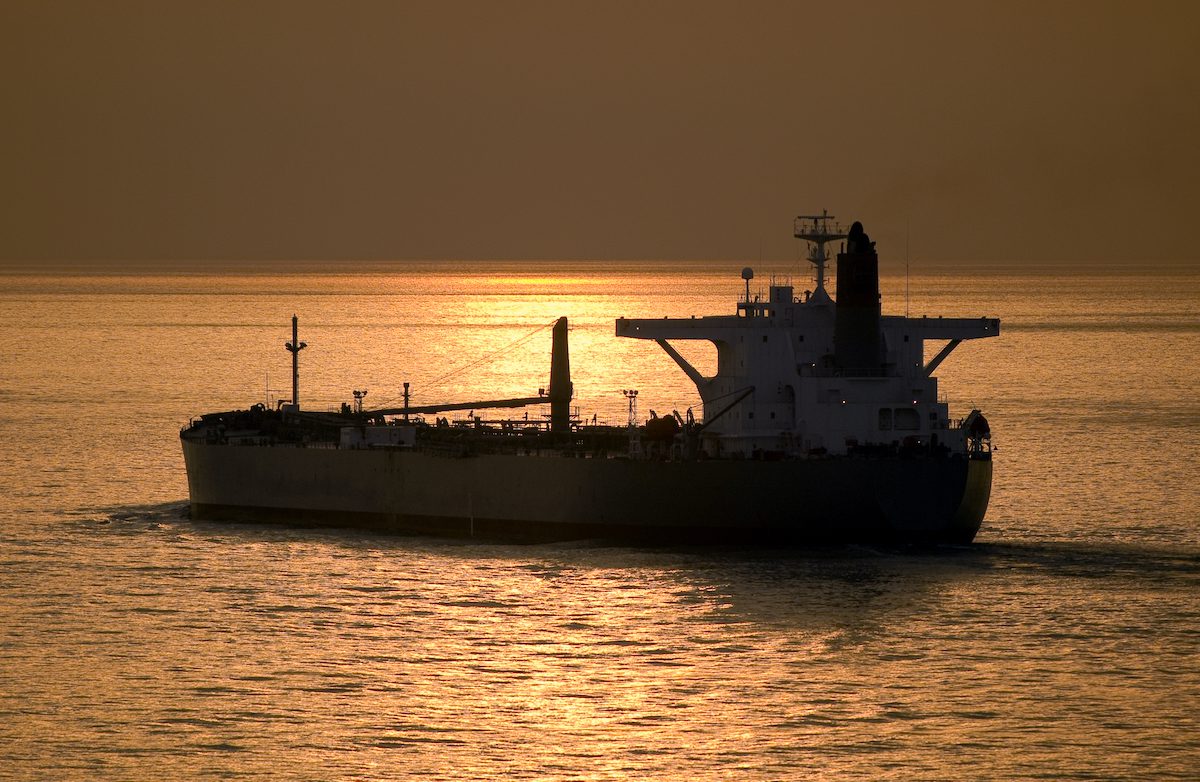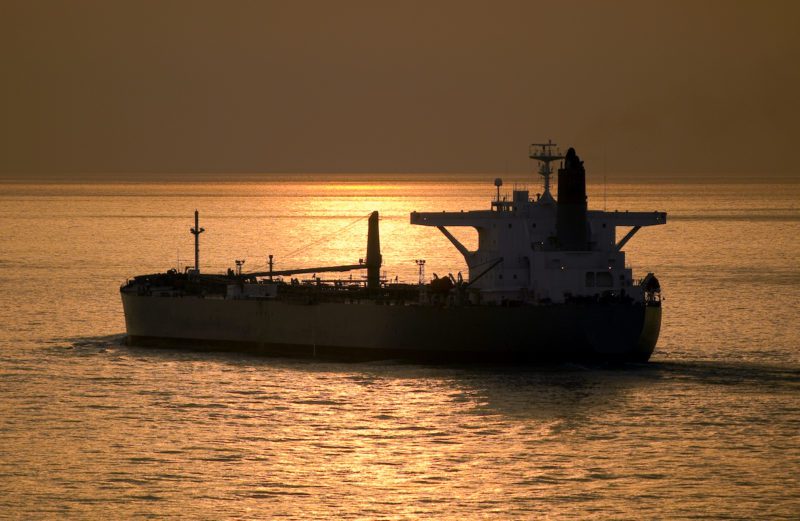Major Cocaine Bust: UK Border Force Seizes Record Shipment at London Gateway
In one of the UK’s largest drug seizures of the past decade, UK Border Force officers have seized cocaine with an estimated street value of £96 million (USD 130 million)...


By Alex Longley (Bloomberg) — Oil is headed for its largest weekly collapse since 2008 as a bitter price war erupted between Saudi Arabia and Russia, and coronavirus contagion cratered demand.
Futures in New York are down 18% this week. The crude surplus may reach a record high by April as the two former OPEC+ allies race to increase production, according to Goldman Sachs Group Inc. The market’s structure has already returned to a super-contango, indicating a big oversupply.
At the same time, concerns over demand are continuing to grow. Gasoline prices fell by a fifth on Thursday as President Donald Trump issued a travel ban from Europe.
Crude recovered some of this week’s losses on Friday, with equities paring Thursday’s slump. Still, signs of fear abounded, with oil more volatile than during the financial crisis.
The schism between Moscow and Riyadh is hardening with Russian oil producers planning to ramp up production next month, and no plans for a detente with Saudi Arabia. The kingdom said earlier in the week that it would boost output by more than 25% in April, while it sends a flood of crude to Europe, Russia’s tradition market.
“Demand is falling, refining margins are weakening, Saudi crude oil exports are surging: the super-contango is back,” Petromatrix Managing Director Olivier Jakob wrote in a report. “It will be difficult for Saudi Arabia to regain control of the markets.”
Governments and central banks have so far been powerless to stem the coronavirus-driven rout that’s reverberating through financial markets and threatening a global recession. Trump has yet to offer a detailed economic rescue package, while the European Central Bank left interest rates unchanged, although it took steps to boost liquidity.
In the U.S., several independent oil companies have already announced plans to scale back operations amid the flood of cheap crude. The American industry is also encouraging the Trump administration to waive a law that mandates only domestic vessels can be used to transport goods between U.S. ports.
–With assistance from Dan Murtaugh and Elizabeth Low.
© 2019 Bloomberg L.P
Sign up for gCaptain’s newsletter and never miss an update

Subscribe to gCaptain Daily and stay informed with the latest global maritime and offshore news


Stay informed with the latest maritime and offshore news, delivered daily straight to your inbox
Essential news coupled with the finest maritime content sourced from across the globe.
Sign Up